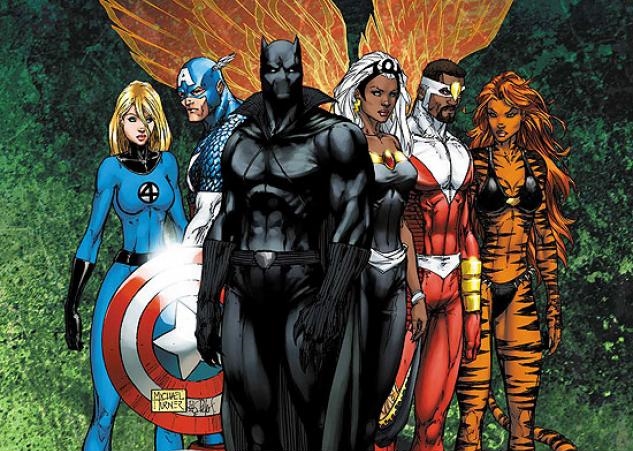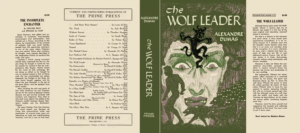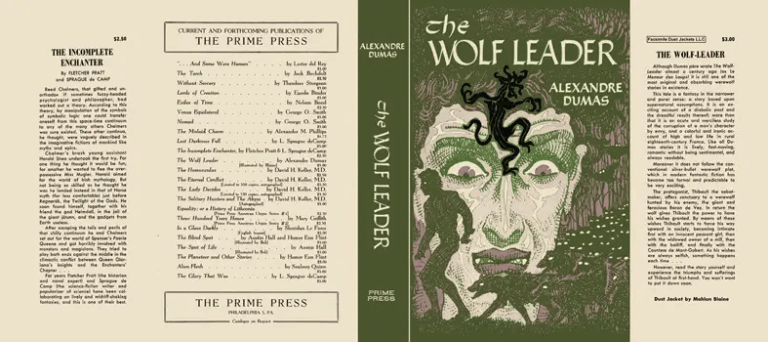Crimini di guerra #2 e #3 (War Crimes #2 e #3 da Black Panther v.4 #24 e #25 del marzo e dell’aprile 2007). Ehi, Hudlin perde colpi? Non so decidere se questa storia, praticamente il motivo per cui compro la testata, mi sia piaciuta o meno. Il taglio politico continua a funzionare, ma il dialogo tra Ororo e Tony mi è sembrato un po’ troppo meccanico. Buona invece la costruzione del rapporto con Reed da una parte e Sue dall’altra, nel nuovo compromesso scenario. Al contrario, lo scontro tra la dea della tempesta e la magra imitazione del dio del tuono regge bene fino ad un certo punto, compresa l’intromissione di Sue e l’impulso elettromagnetico, ovvero fino all’entrata in scena di Ercole. La conclusione fuori campo e il tono dei commenti, nonché le espressioni delle due donne, mi è sembrato abbastanza fuori luogo, fuori registro, fuori di testa. A parte questo, i disegni di To & Turnbull non sono esattamente il mio genere ma mi piace la costruzione delle tavole: quelle in cui Ororo e Falcon volano speculari, ad esempio, o l’ultima tavola con “non valicare” in primo piano e oltre la coppia. Una discreta conclusione, insomma, ma un po’ al di sotto delle mie aspettative.
Dai, Suzie, non farti pregare (C’mon, Suzie, don’t leave us hangin’ da Fantastic Four v.3 #543 del gennaio 2007). Altra storia che mi ha suscitato apprezzamenti altalenanti. Se la sezione del dialogo tra Reed e Sue è veramente intensa e ben fatta, ho trovato la parte di Ben e Johnny di fronte alla televisione un po’ troppo destinata ad aficionados per i miei gusti. A questo ha contribuito la costruzione delle tavole, decisamente una noia mortale. Speriamo che migliori.
Ultima nota: solo io trovo che la linea editoriale di Guidi sia invasina e fastidiosa?








No Comments